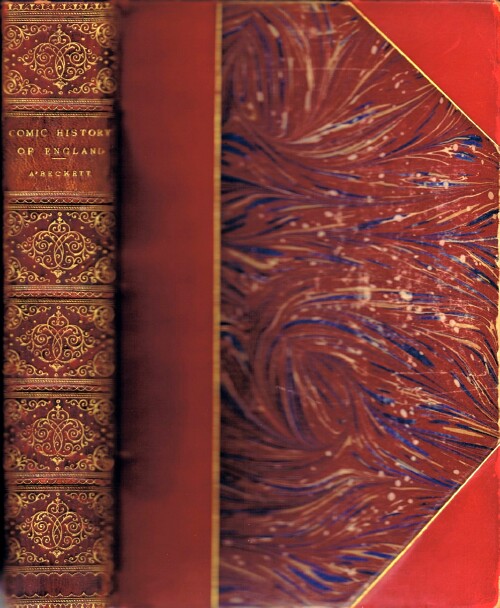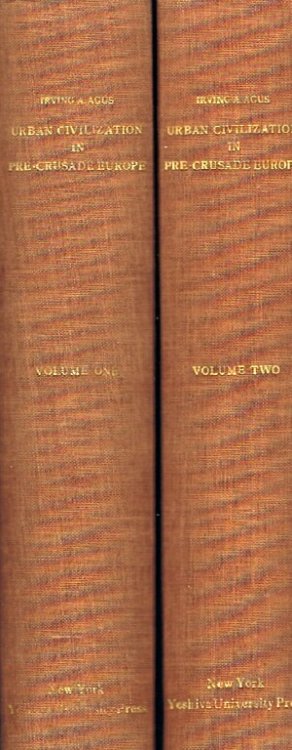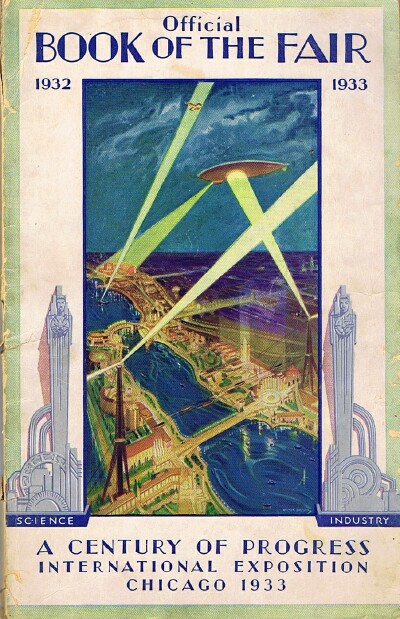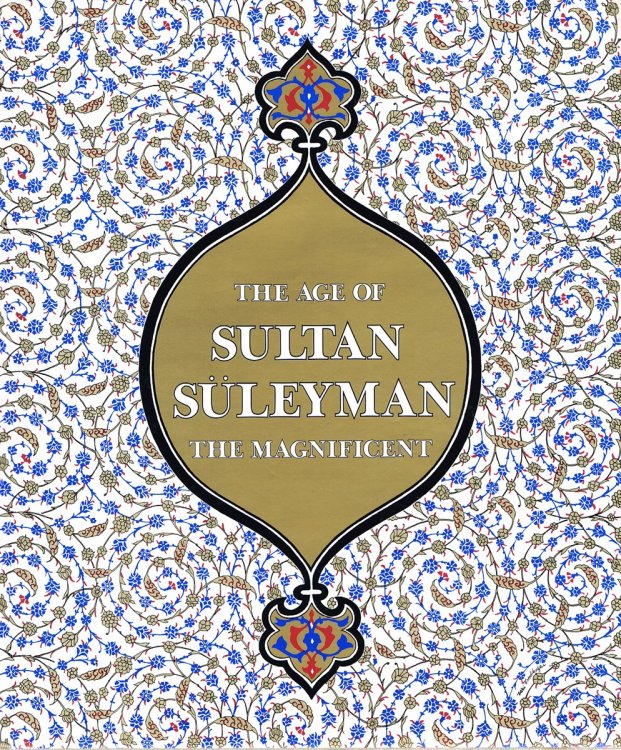
Essays (Reprinted from the Edinburgh Review: 1802-1818)
$150.00 USD • Used
Half burgundy morocco over marbled boards by Southeran & Sackville (signed), spine in six compartments separated by raised bands, gilt lettering in one compartment, gilt tooling and borders in rem...
Store: RoundTableBooksLLC [View Items]
Half burgundy morocco over marbled boards by Southeran & Sackville (signed), spine in six compartments separated by raised bands, gilt lettering in one compartment, gilt tooling and borders in remainder, all edges marbled, marbled endpapers. Sydney Smith (17711845) was an English wit, writer and Anglican cleric. Smith's reputation among his contemporaries as a humourist and wit grew to such an extent that a number of the observations which are now attributed to him may be of doubtful provenance. Lord Houghton recorded that he never, except once, knew Smith to make a jest of any religious subject, "and then he immediately withdrew his words, and seemed ashamed that he had uttered them". To be set against that encomium is one of Smith's best-known lines, to the effect that his friend Henry Luttrell's idea of heaven was eating pt de foie gras to the sound of trumpets. Long after his death, he is often quoted in English literary life and is remembered by homemakers in the United States through his rhyming recipe for salad dressing. Jane Austen expert Margaret C. Sullivan speculates in an essay that the character Mr. Henry Tilney, the romantic interest of the protagonist Catherine Morland in Jane Austen's Northanger Abbey, may have been based on Smith. In 1800, Smith published his first book, Six Sermons, preached in Charlotte Street Chapel, Edinburgh, and in the same year, married, against the wishes of her friends, Catharine Amelia Pybus. They settled at 46 George Street, Edinburgh, where Smith made numerous friends, among them the future Edinburgh Reviewers. Towards the end of his five years' residence in Edinburgh, in a house in Buccleuch Place, the elevated residence of the then Mr Jeffrey, Smith proposed the setting up of a review. "I was appointed editor," he says in the preface to the collection of his contributions, "and remained long enough in Edinburgh to edit the first number (October 1802) of the Edinburgh Review. The motto I proposed for the Review was Tenui musam meditamur avena.'We cultivate literature on a little oatmeal.' But this was too near the truth to be admitted, and so we took our present grave motto (Judex damnatur ubi nocens absolvitur - the judge is condemned when the guilty is acquitted) from Publius Syrus, of whom, none of us, I am sure, had ever read a single line." He continued to write for the Review for the next quarter of a century, and his brilliant articles (reprinted here) were a main element in its success. Edges mildly shelf-worn, front hinge just starting, prize label (dated April 17, 1888) on ffep, bibliographic notes on rep, otherwise unmarked, tight, square and clean. VERY GOOD. . Small 8vo 7" - 8" tall. v, 508 pp
Product Info
Publisher: George Routledge and Sons
Year: c. 1880
Type: Used
Binding: Hardcover
First Edition
Seller Info
RoundTableBooksLLC
Address: 452 E. Amherst Street Palatine, Illinois
Website: https://www.roundtablebooks.com
Country: United States







